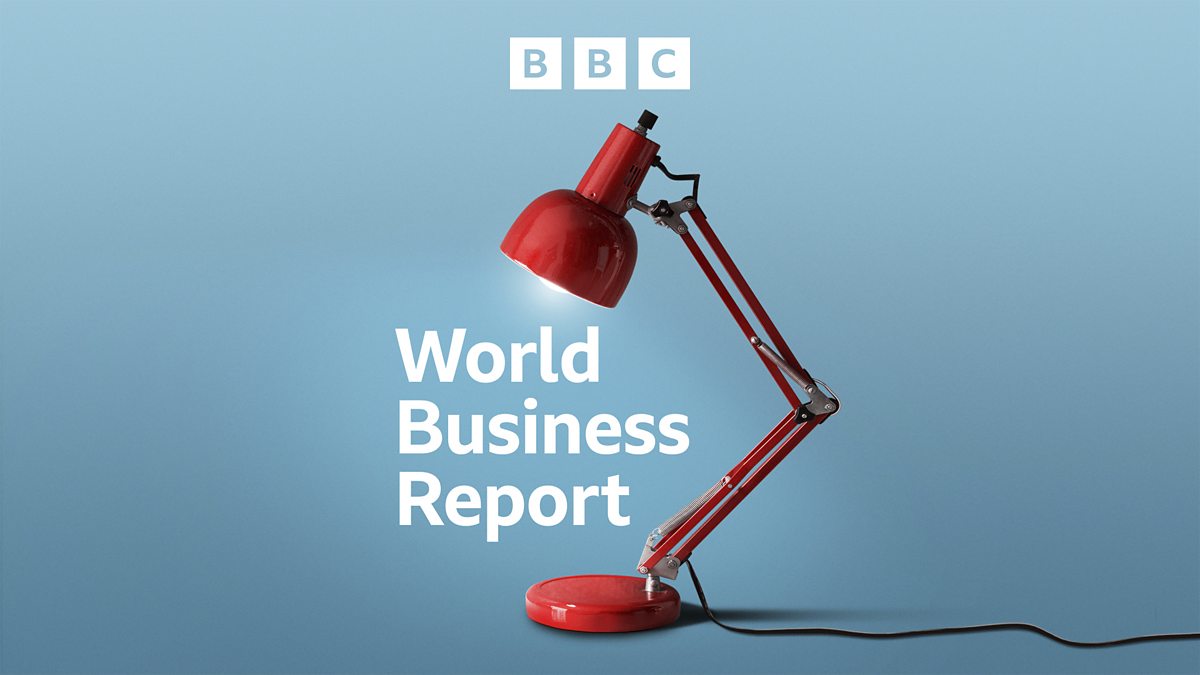Why Exxon and Chevron Are Fighting So Hard Over an Oil Project in Guyana
Summarize
The feud has chilled the relationship between their CEOs. It comes to a head when arbitration starts Monday.
Collin EatonMay 25, 2025 at 5:30 am
An offshore oil production port under construction in Guyana
Exxon’s move last year to derail Chevron’s $53 billion purchase of Hess HES 1.03% rankled Chevron’s senior executives and damaged a once-amicable relationship between the two rivals, people familiar with the matter said.
Exxon CEO Darren Woods and Chevron CEO Mike Wirth occasionally dined together and spoke by phone about their joint interests in projects around the world. That relationship has chilled, the people said.
The dispute hinges on Exxon’s claim that it has a contractual right to pre-empt Chevron’s bid for Hess’s stake in a major oil project in Guyana. And it has delayed what would be Chevron’s biggest-ever deal for more than 18 months. Chevron and Hess say Exxon doesn’t have the right to interfere in the corporate acquisition. Talks failed, and Exxon filed for arbitration last year.
The fight—which has astonished the oil industry in Houston—will come to a head Monday in London, with the start of a private arbitration hearing. By August or September, the panel will decide whether Exxon and another partner in Guyana, China’s Cnooc, have the right to counter Chevron’s bid for Hess’s 30% stake in a generational oil discovery of 11 billion barrels of oil and gas.
“What it highlights is how valuable big, low-cost oil fields really are in a world where it’s getting harder and harder to find them,” said Dan Pickering, chief investment officer of Pickering Energy Partners.
All three companies have projected confidence that they will prevail. The ruling will hinge on the interpretation of several lines in a confidential contract.
Darren Woods, ExxonMobil CEO, and Mike Wirth, Chevron CEO, each speaking at industry events
Exxon Mobil CEO Darren Woods; Chevron CEO Mike Wirth Photo: Apu Gomes/Getty Images, Kirk Sides/Houston Chronicle/Getty Images
For Chevron, the arbitration is a must-win. Hess is a big player in the Bakken Shale of North Dakota, but its crown jewel is Guyana. Hess’s share of the Guyana project could be worth some $40 billion, analysts estimated last year.
Guyana’s oil boom is fueled by six oil-production vessels now pumping around 650,000 barrels a day. Exxon hopes the consortium’s production will reach 1.3 million barrels a day by 2027. That is more than the entire Bakken produces.
The economics of the Guyana project are among the industry’s most lucrative. Oil giants cut exploration spending following the advent of onshore U.S. shale drilling. Although some frackers are beginning to look overseas for new prospects, few frontier oil fields show as much promise as Guyana.
Buying Hess—a deal that Chevron announced in October 2023—would help quell concerns investors have had about Chevron’s portfolio of oil-production assets and where its growth will come from after 2030.
Much has changed in the past year. Chevron recently started up a major expansion project in Kazakhstan and fired up a big new oil platform in the Gulf of Mexico, which the U.S. now calls the Gulf of America. It is trimming costs with job cuts of up to 20% of its global workforce by the end of 2026.
Still, if Chevron falls short of a win, analysts say there are few other acquisition targets with the same potential as Hess. And Secretary of State Marco Rubio said Thursday that the U.S. plans to allow Chevron’s license to operate in Venezuela, which has vast oil reserves, to expire Tuesday.
Another reason Exxon’s challenge is more than just a headache for Chevron is that it comes in an age of investor activism. In the 1980s, when a big court fight between Pennzoil and Texaco pushed the latter toward bankruptcy, a takeover bid by activist Carl Icahn—then dubbed a corporate raider—made Texaco’s problems worse.
These days, the margin for strategic errors has shrunk, said Amy Myers Jaffe, director of the Energy, Climate Justice and Sustainability Lab at New York University. She points to Exxon’s proxy fight with activist investor Engine No. 1 that played out in 2021, and Elliott Investment Management’s more-recent push for changes at Phillips 66 and BP.
“If you don’t have a good strategy, you could be susceptible to a corporate raider or activist,” she said. “We’re in a time when the leadership of an oil company and the strategy they choose to take is material to whether people attack them from within the stakeholder groups.”
0:00
0:44 / 6:14
Venezuela wants to annex territory nearly the size of Florida from neighboring Guyana, one of the world’s fastest-growing crude-oil producers. WSJ’s Kejal Vyas explains the region’s importance amid Guyana’s oil boom as well as the stakes for the U.S. Photo Illustration: Marina Costa
For Exxon, a loss in the dispute would have little negative impact in the short term. By the time the arbitration panel’s decision comes down, nearly two years will have passed since Chevron announced the Hess tie-up, a prolonged limbo that has kept it from pursuing other megadeals.
When Chevron proposed buying Hess, Exxon’s leaders were surprised that its partner in Guyana and its biggest competitor would—behind closed doors—strike a deal affecting a project that it had spent years developing. Exxon had done the spadework of government relations and assumed risk for the long-shot project after Shell exited its stake for a pittance in 2014.
Exxon says it has a responsibility to shareholders to consider the value of Hess’s Guyana stake in the Chevron deal, “and a right to then take an option on it,” Woods said on a call with analysts in December.
“Why would we give that away because one of the partners constructed a deal with another third party?” Woods said. “We don’t see why that would change the way we think about the option or the value of that option.”
Exxon has long held the role of big brother to Chevron, with larger oil production and superior profits. But during the pandemic, Chevron’s stock market value briefly vaulted above its rival. Exxon’s executives have since brought costs down and worked to gird the company from lower oil and gas prices.
Exxon’s shares have outperformed Chevron’s in the past few years, but a tie-up with Hess would help Chevron narrow the gap, analysts say.
If Exxon and Chevron ultimately work together in Guyana, the relationship among senior executives would bounce back, the people close to them predict. Some believe it may take time, though.
“Regardless of the outcome, there’s a cooling off between Exxon and Chevron that will be measured in years, not quarters,” Pickering said.
Write to Collin Eaton at
collin.eaton@wsj.com
If you want to provide news tips or documents on any subject to reporters at The Wall Street Journal, you can do so using the instructions below.
How to Submit








